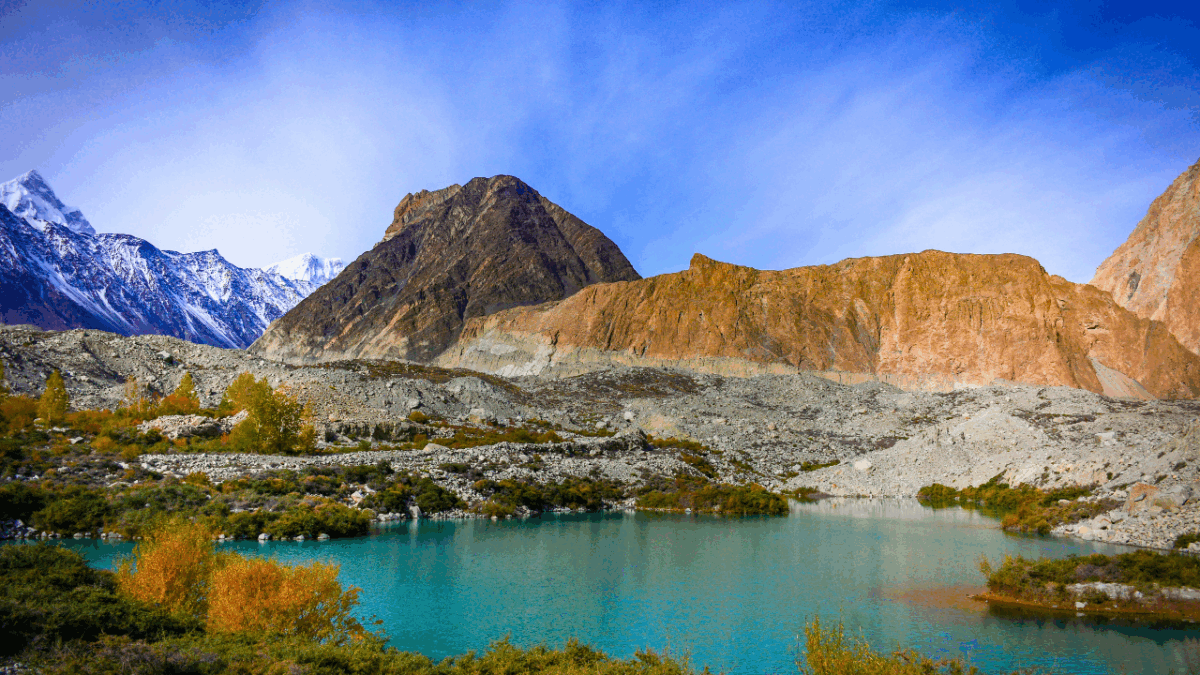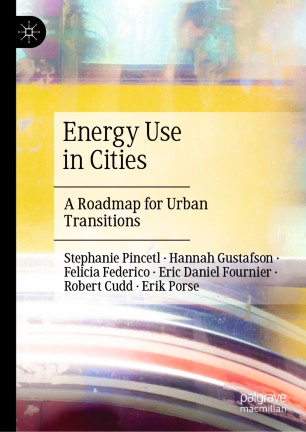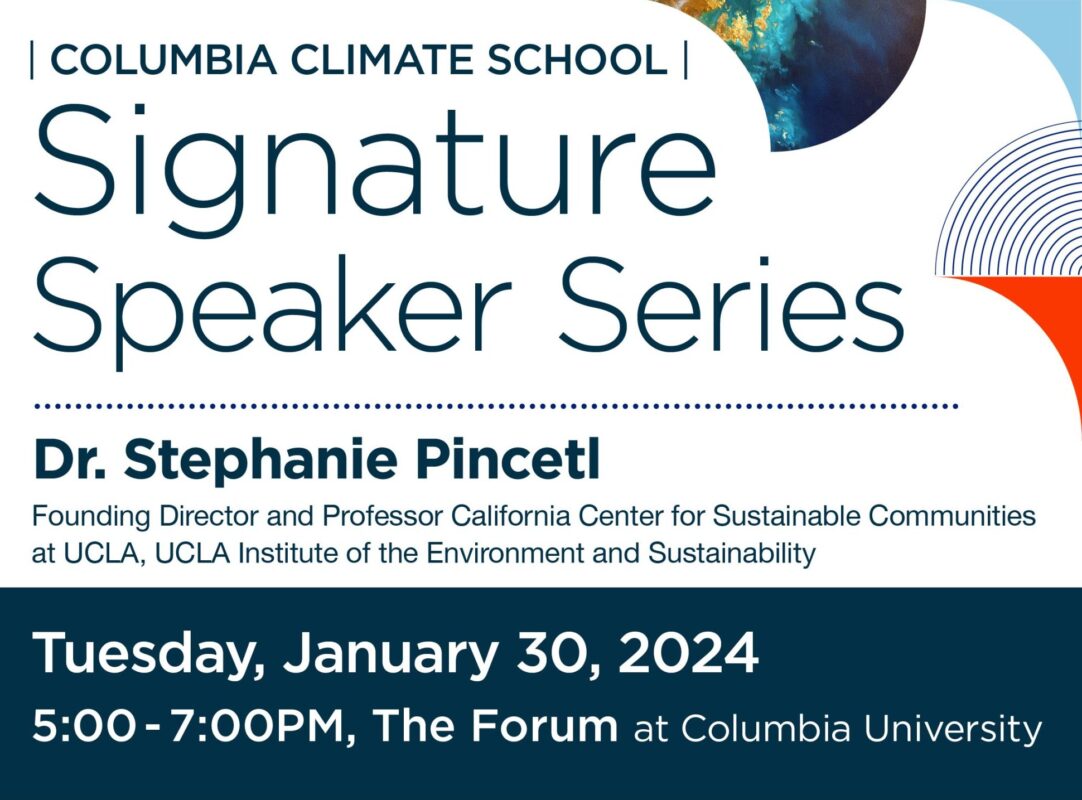Announcements
Stephanie Pincetl Co-Authors Research on Net Zero Urban Water
Founding Director of the California Center for Sustainable Communities and Chair of UCLA’s Environment and Sustainability Ph.D. program Dr. Stephanie Pincetl co-authored a study, “Advancing a Net Zero Urban Water Future in the United States Southwest.” Published in ACS ES&T Water, the research examines the feasibility of Net Zero Urban Water (NZUW) — cities becoming self-sufficient with local water sources. This is crucial for the water-stressed US Southwest, where the Colorado River can’t meet the demands of 40 million residents.







